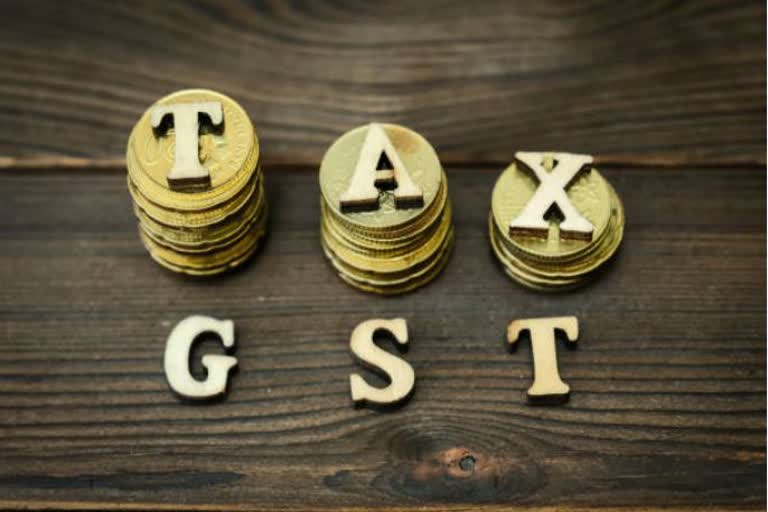New Delhi: Importers and exporters will have to mandatorily declare GSTIN in documents from February 15 as the revenue department moves to crackdown on evaders and plug Goods and Services Tax revenue leakage.
In a circular, the Central Board of Indirect Taxes and Customs (CBIC) said certain cases have come to notice where the importer or exporter did not declare their GSTIN in the Bill of Entry/Shipping Bill despite being registered with GSTN.
GSTIN is a 15-digit PAN-based unique identification number allotted to every registered person under GST. While importers have to fill Bill of Entry with Customs department while importing goods, exporters have to file Shipping Bill.
"With effect from February 15, 2020, the declaration of GSTIN shall also be mandatory in import/export documents for the importers and exporters registered as GST taxpayers," the circular said.
Data analytics by the revenue authorities have detected rampant tax evasion through black market and under-valuing of imports. It has come to light that although importers are paying GST, they are supplying the goods without bill.
Read more:GST taxpayers flooded with notices, advisories
Importers typically pay integrated goods and services tax or IGST on goods they bring into the country. This tax is supposed to be set-off against the actual GST paid by the final consumer, or claimed as refund.
While importers are paying IGST on imports but not claiming credit for the same. This essentially means that the supply of imported goods to domestic channels is being done without a bill.
A similar situation has been witnessed on cess charged on luxury and sin goods with companies paying it at the time of imports but not claiming credit or setting it off from final GST paid by consumers.
"Compulsory capturing of GSTIN by importers and exporters would give an adrenaline rush to the data analytics especially in relation to cross-border transactions. This will push the tax authorities to arrest the massive tax evasion practices on the borders in the form of under-valuation, clandestine removal and under re-reporting," AMRG & Associates Partner Rajat Mohan said.
EY Tax Partner Abhishek Jain said the requirement to provide GSTIN in bill of entry/shipping bill will help plug GST revenue leakage and ensure that imports/export data is reconciled with GST data.
Further, exporters have also been asked to provide details of the state and district of origin of goods and details of preferential agreements under which goods are being exported in the shipping bill.
Jain said the data on district/state of origin of goods will help the Government take measures to facilitate and promote exports.
"The requirement to provide details of preferential agreements under which goods are exported will help the Government track the effectiveness these agreements," Jain said.
(PTI Report)



